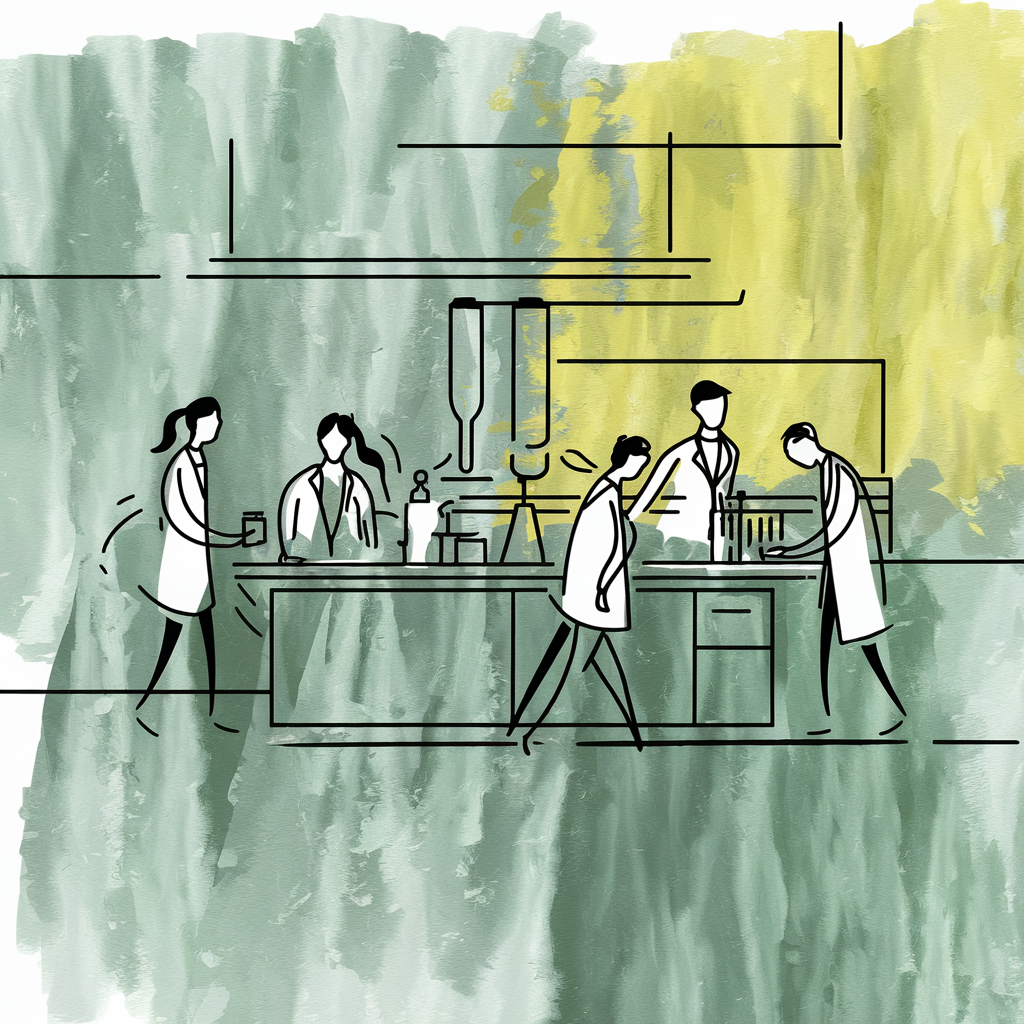A study published in ScienceDirect presents the successful derivation of an induced pluripotent stem cell (iPSC) line from peripheral blood mononuclear cells (PBMCs) taken from a patient with long COVID. Long COVID, or post-acute sequelae of SARS-CoV-2 infection, is characterized by persistent symptoms, including vascular dysfunction and multi-organ damage, often linked to COVID-19-associated coagulopathy (CAC).
In this study, the iPSC line derived from the long COVID patient exhibited normal morphology, maintained pluripotency, and demonstrated a stable karyotype. Additionally, it showed the ability to differentiate into the three germ layers—ectoderm, endoderm, and mesoderm. This makes the iPSC line a valuable resource for researchers, as it can be used to model long COVID and examine the underlying mechanisms driving the chronic effects of the disease.
The creation of this iPSC line enables further investigation into the vascular dysfunction seen in long COVID patients, which may be a contributing factor to the multi-organ damage commonly associated with the condition. By using these patient-specific stem cells, scientists can study how COVID-19 may affect cellular processes and potentially uncover new therapeutic strategies.
This study provides an important tool for exploring the complex pathophysiology of long COVID, offering a more in-depth approach to understanding how SARS-CoV-2 infection leads to prolonged health issues.


